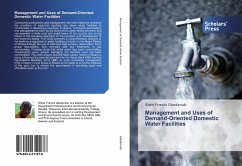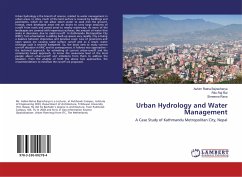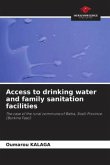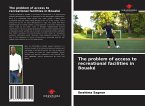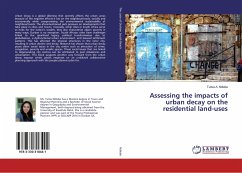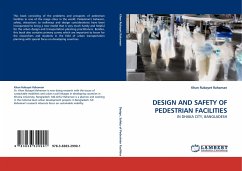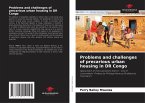Community participation and management has been hailed as central to the provision of essential services like clean water facilities to communities in developing countries. In Ghana, community participation and management is seen as the blue-print to water facility provision and management in both rural and small towns of the country due to the failure of the top-down approach to the provision and management of this essential facility. This book presents a comprehensive analysis of the bottom-up approach to water facilities provision in the Akatsi District of Ghana through the use of extensive field surveys, observation, focus group discussions, and interview with key informants in two communities. Findings show that whilst water has been commodified, remuneration given people managing the facilities have not been commodified. This work argues that the water sector reform in Ghana is being influenced by external partners like the World Bank (WB) and the International Monetary Fund (IMF) as such community management (CM) of water in rural areas of Ghana is not made to serve the interests of the poor but to relieve the government of providing good and affordable water to the poor.
Bitte wählen Sie Ihr Anliegen aus.
Rechnungen
Retourenschein anfordern
Bestellstatus
Storno

